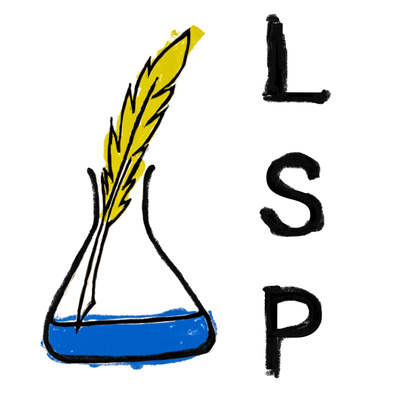
**Discovering the Inner Workings of Humphry Davy: A Fresh Online Archive of His Notebooks**
Humphry Davy, a leading chemist of the late 18th and early 19th centuries, continues to intrigue both scientists and historians. From his identification of chemical elements to his extensive writings on experiments with laughing gas, Davy made significant contributions to the chemistry field. A new online archive curated by Lancaster University now offers the public the opportunity to explore his handwritten notebooks and gain a deeper appreciation for the individual behind the scientific discoveries.
These notebooks, now accessible through a citizen-science initiative, document not only Davy’s pioneering experiments but also his reflections, poetry, shopping lists, gossip, and other less flattering aspects of his legacy. They provide a rich repository of personal insights into the life of a man whose ideas have greatly influenced modern chemistry.
### A Peek into Davy’s Life and Thoughts
Davy’s notebooks deliver an unmatched view into both the intellect and the everyday quirks of one of history’s most renowned scientists. The notebooks reflect a broad spectrum of his interests beyond just chemistry. Within their pages, one can discover carefully crafted notes on scientific methods and experiments alongside poetic verses. Even routine items like shopping lists and bits of casual gossip reveal the complex personality that Davy possessed.
Davy is perhaps best remembered for inventing the miner’s safety lamp, which considerably lowered the risk of accidents caused by ignitable gases in coal mines. He also made significant contributions to galvanism and the discovery of numerous chemical elements, including sodium, potassium, magnesium, and chlorine. Davy’s record of discovering chemical elements remains unparalleled.
However, while browsing through these notebooks, users will encounter more than just scientific accomplishments. They reveal Davy’s persona through his poetic expressions, casual reflections, and a variety of interests that were distinctive to his time. Historians regard such documents as significant because they provide context that extends far beyond the scientific concepts typically found in textbooks, allowing us to grasp the social and cultural influences that shaped Davy’s work.
### The Davy Notebooks Initiative: A Team Effort
The online archive, available through Lancaster University’s [Digital Collections platform](https://digitalcollections.lancaster.ac.uk/), is a product of a collaborative initiative spearheaded by Professor Sharon Ruston from Lancaster’s Department of English Literature and Creative Writing. Since its launch in 2019, the Davy Notebooks Project has welcomed nearly 4000 volunteers from around the world. These citizen scientists have diligently transcribed over 13,000 pages of Davy’s lecture notes and notebooks. This immense undertaking facilitates access for inquisitive individuals—whether they are professional researchers, students, or casual historians—to examine Davy’s intriguing legacy.
The project’s success exemplifies the power of collaboration in research, particularly when technology allows public involvement in conserving scientific history. Samantha Blickhan, the humanities research lead at Zooniverse, remarked on the project’s achievements: *“The Davy Notebooks Project illustrates the remarkable outcomes that can arise when the public is invited to engage in historical research.”*
By recruiting everyday citizens for the transcription efforts, the project nurtured a shared curiosity and sense of community. Individuals who might never cross paths in their daily lives found common interests through their collective focus on Davy’s life and work.
### An Intricate Legacy
While providing a richer perspective on Davy’s scientific accomplishments, the initiative also addresses the more troubling aspects of his character. Professor Ruston noted that a striking (and unsettling) revelation surfaced during the transcription process: Davy’s use of offensive language towards African individuals. Further investigation indicates he had familial connections to the slave trade, complicating the historical understanding of his life and achievements.
Such discoveries compel us to interpret historical figures more thoughtfully—acknowledging their contributions while also confronting the ethical shortcomings inherent to their era. The Davy Notebooks Project, initially focused on highlighting his scientific achievements, thereby offers a broader framework for engaging with issues of ethics, character, and colonial history.
### A Multifaceted Chemist
Among Davy’s more infamous experiments was his direct investigation of laughing gas, or **nitrous oxide**. By inhaling the gas himself, Davy famously characterized its euphoric effects, positioning him as one of the first to specifically document the recreational usage of nitrous oxide. He articulated the strange sensations it produced, leading to its popular moniker, “laughing gas.”
Today, laughing gas is well-known for its application as an anesthetic in medicine, yet Davy’s early experimental records also underscore how contemporary scientists often used themselves as test subjects to further explore its effects.